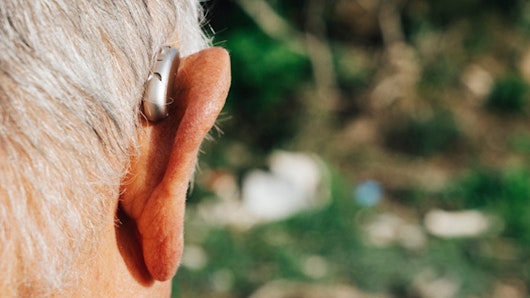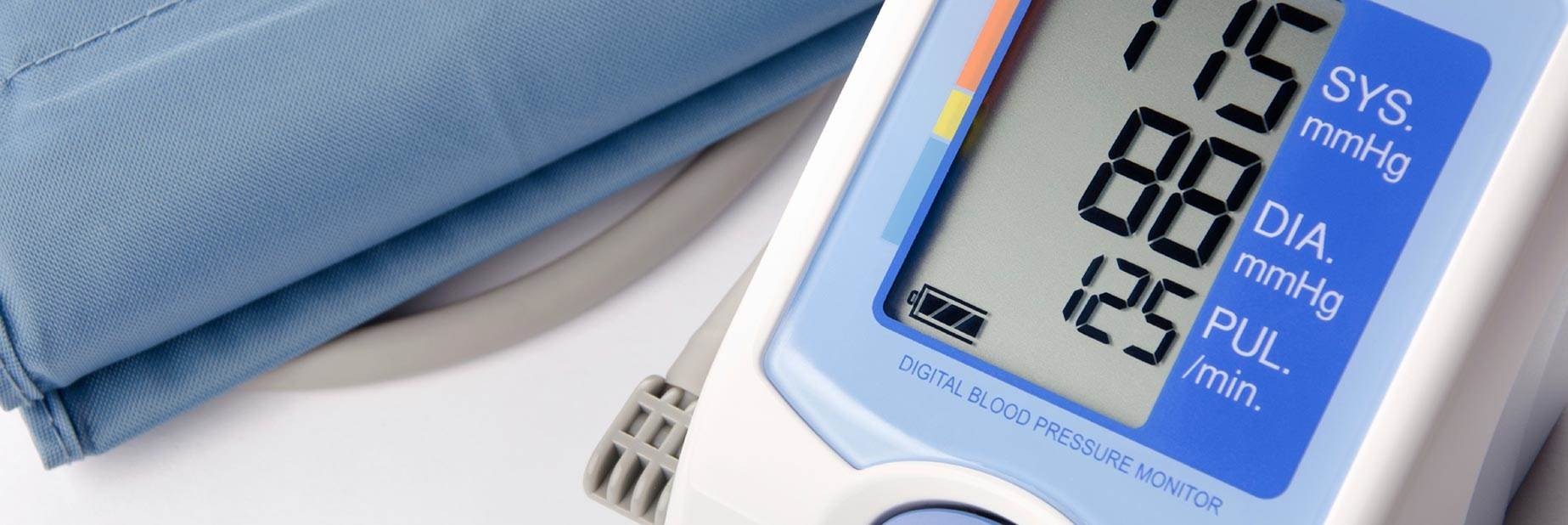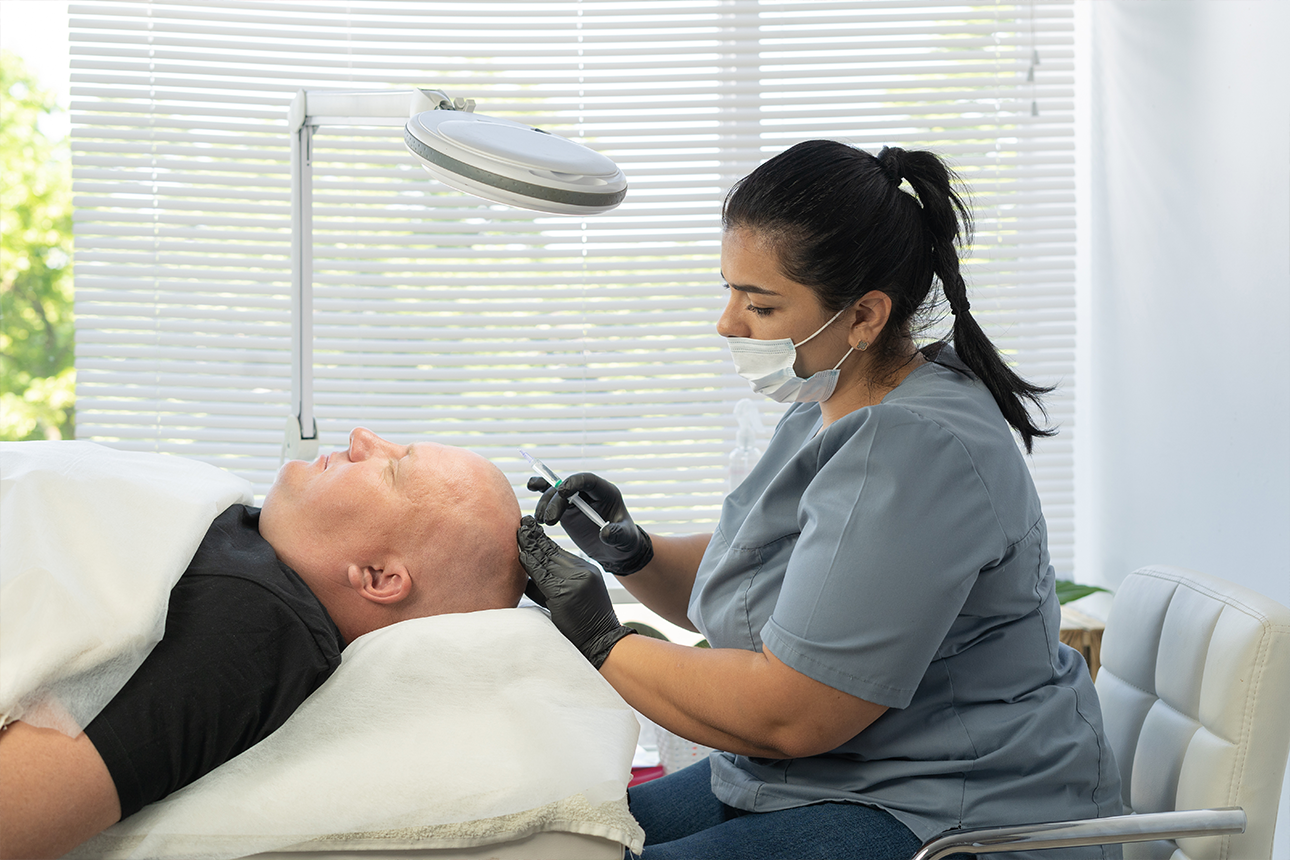
By Vanessa Pratley
Investigative Journalist | Kaipūrongo Whakatewhatewha
Americans with mild to moderate hearing loss will be able to buy hearing aids over the counter from mid-October. We look at whether a similar system here would benefit the estimated 880,000 New Zealanders with hearing loss.
The United States Food and Drug Administration (FDA) has allowed the sale of hearing aids without seeing an audiologist or having a medical exam or prescription. Allowing the sale of hearing aids over the counter (OTC) will mean consumers can access cheaper devices and the industry will see more competition, the FDA said.
Hearing aids sold OTC must be fit for purpose, meet the same safety standards as other devices, and must not be sold to children under 18. Labelling must include information about when to see a doctor, and the risks associated with hearing aid use.
The FDA said the rule change will mean hearing aids are more accessible to more Americans than ever before. Until now, those with hearing loss in the US have had to pay for hearing tests, appointments with an audiologist and fittings, as well as the upfront cost of the hearing aids themselves – which can be thousands of dollars without private health insurance cover.
This is currently the case in New Zealand, where you can’t buy regulated hearing aids over the counter or online. While you can buy amplifying devices that look like hearing aids this way, they aren’t frequency-specific or as sensitive as a true hearing aid. They can’t be adjusted by an audiologist, either.
Here, initial hearing checks tend to be free and the Government can either subsidise or fully fund your hearing aids if you meet its eligibility criteria. To get the $511.11 per aid subsidy, you need to go to an audiologist or audiometrist who is a member of the New Zealand Audiological Society (NZAS).
President of NZAS Karen Allen said there shouldn’t be any barriers to access with this subsidy as it enables most people to get the help they need for hearing loss. However, the Government will only cover the cost of the hearing aid itself, leaving you to cover additional costs.
These additional costs can include the remainder of the hearing aid itself, which can range from $1500 to more than $8000 for a pair (without the subsidy), as well as a diagnostic hearing test ($75 to $120). Then there’s the cost of fitting consultations and medical costs if there is a larger problem. Only one audiologist we found displayed the fees for appointments on their website, which they quoted at $115 an hour. Many audiologists “bundle” their fees and include them as part of the cost of the hearing aid.
Even though the Government subsidy or other funding options like loans or Community Service Cards don’t fully reduce barriers to access, Allen said “there are risks involved for individuals who might take the OTC route to access hearing aids”.
Someone might bypass a diagnostic hearing test, and potential medical issues could go unresolved or they end up with hearing aids that don’t fit correctly or aren’t suitable for them, she said.
A spokesperson from the Ministry of Health (MoH) agreed and said it’s risky to purchase hearing aids without the help of someone like an audiologist, who can recommend and calibrate the right device for a person’s needs.
While all the hearing experts we spoke to have these concerns, some believe they don’t outweigh the benefit of OTC hearing aids.
Natasha Gallardo, Chief Executive of the New Zealand Foundation for the Deaf and Hard of Hearing (NFD), said that OTC hearing aids in New Zealand would lower the cost and make them more accessible. In addition to accessible audiological support, “any solution that assists more people to have access to hearing aids and reduced barriers such as cost is a win”.
Jeanie Morrison-Low, founder-member of Independent Audiologists New Zealand, agreed. She said that if OTC hearing devices were adequately regulated by MoH, they could be a good starting point for people with mild to moderate hearing loss. More regular hearing tests for over-50s and making visiting an audiologist more accessible would also give people a better idea of where their hearing is at or if they had any underlying medical problems, she said.
New legislation for therapeutic products, including medical devices such as hearing aids, is under consideration. The MoH spokesperson said access to these products will be a part of the review process.

Our guide to buying hearing aids
Hearing aids cost anywhere from a few hundred to thousands of dollars. Here’s what you need to know before you buy.


